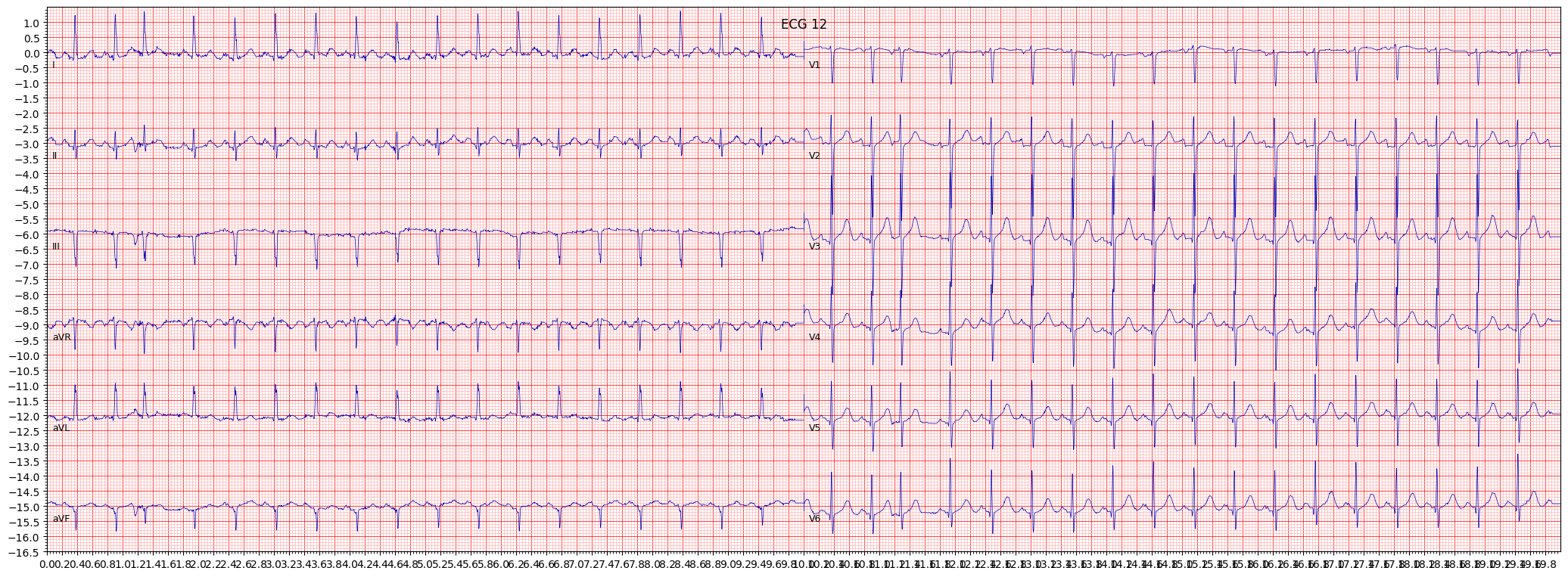inferior myocardial infarction (IMI)
Inferior myocardial infarction (IMI) is a serious condition that occurs when there is a blockage in one of the arteries that supply blood to the bottom of the heart, specifically the right coronary artery, resulting in damage to the heart muscle. This condition can lead to heart failure, arrhythmias, and even death if left untreated.
Common symptoms of IMI include chest pain or discomfort that may radiate to the neck, jaw, shoulder, or arm, shortness of breath, sweating, nausea, and vomiting. However, some individuals may not experience any symptoms.
When reviewing an ECG for IMI, it is important to pay attention to the presence of ST segment elevation in the inferior leads, specifically leads II, III, and aVF. Other things to pay attention to include the presence of Q waves in the inferior leads and the morphology of the QRS complexes.
- Look for ST segment elevation in the inferior leads (II, III, and aVF)
- Check for the presence of Q waves in the inferior leads
- Examine the morphology of the QRS complexes
If IMI is suspected, emergency medical attention should be sought immediately. Treatment may include medications such as aspirin, nitroglycerin, and thrombolytic agents to dissolve the blood clot causing the blockage, as well as angioplasty and stenting or coronary artery bypass surgery to restore blood flow to the affected area of the heart.
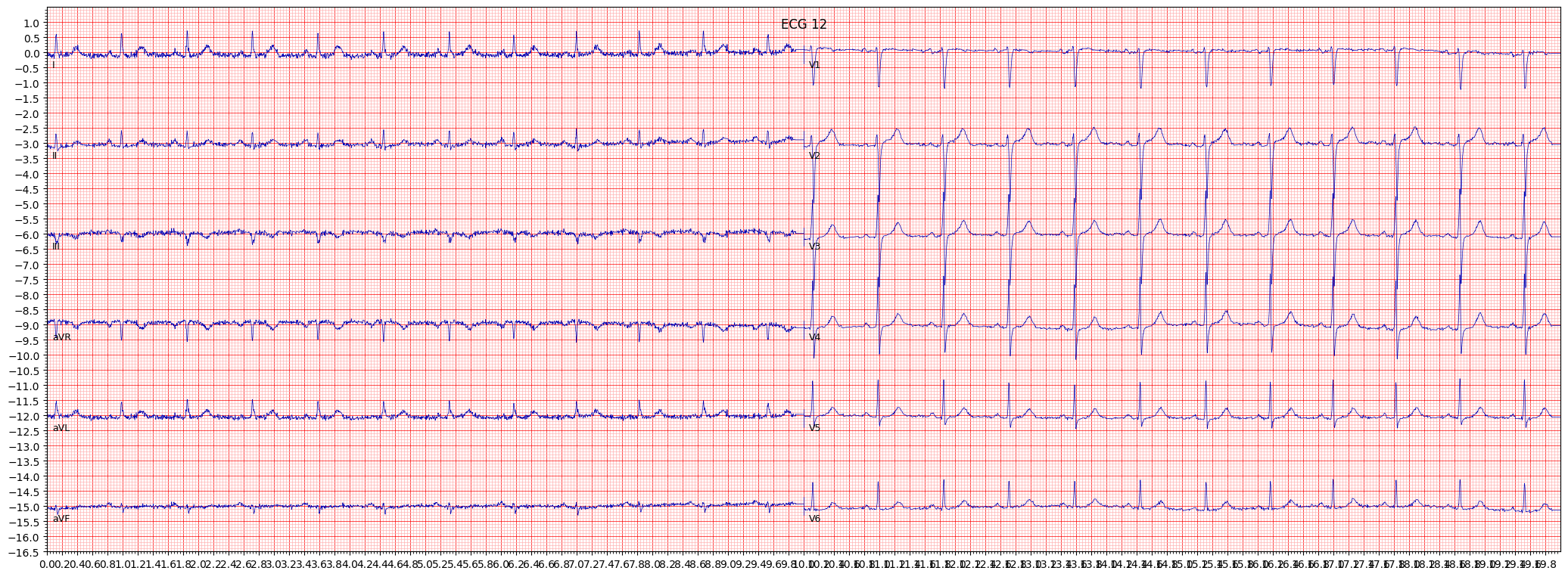 example 2:
example 2:
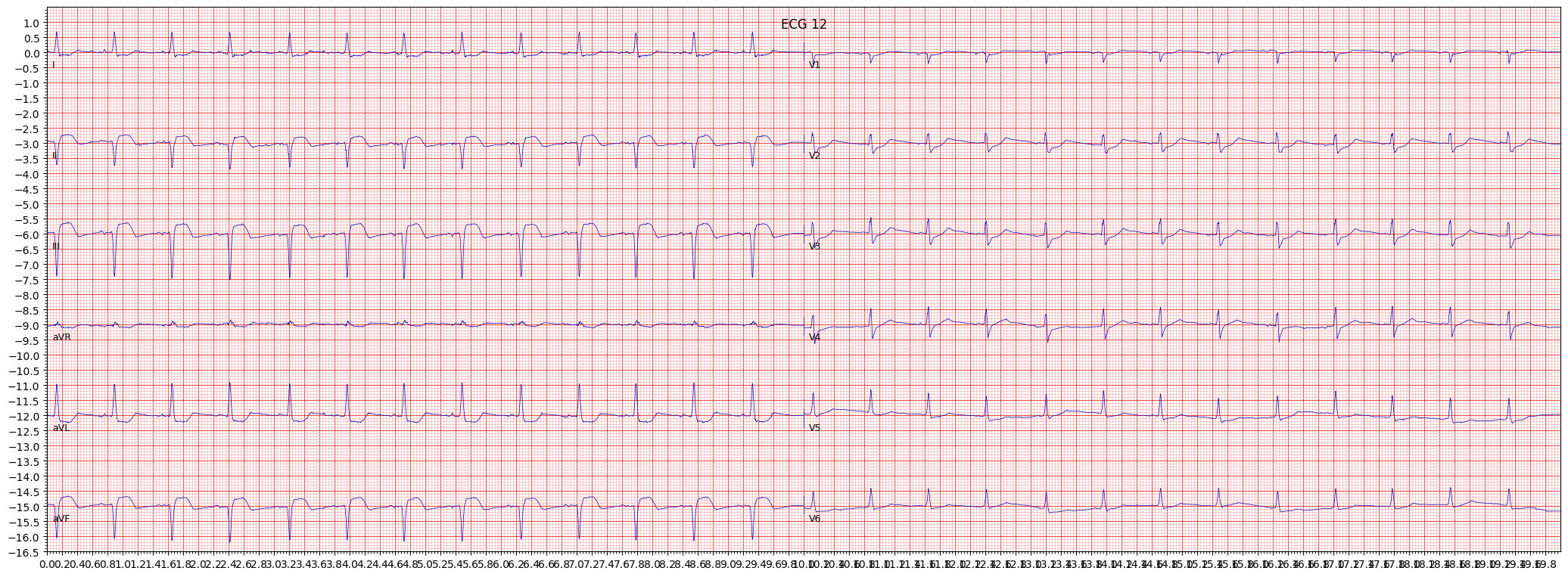 example 3:
example 3:
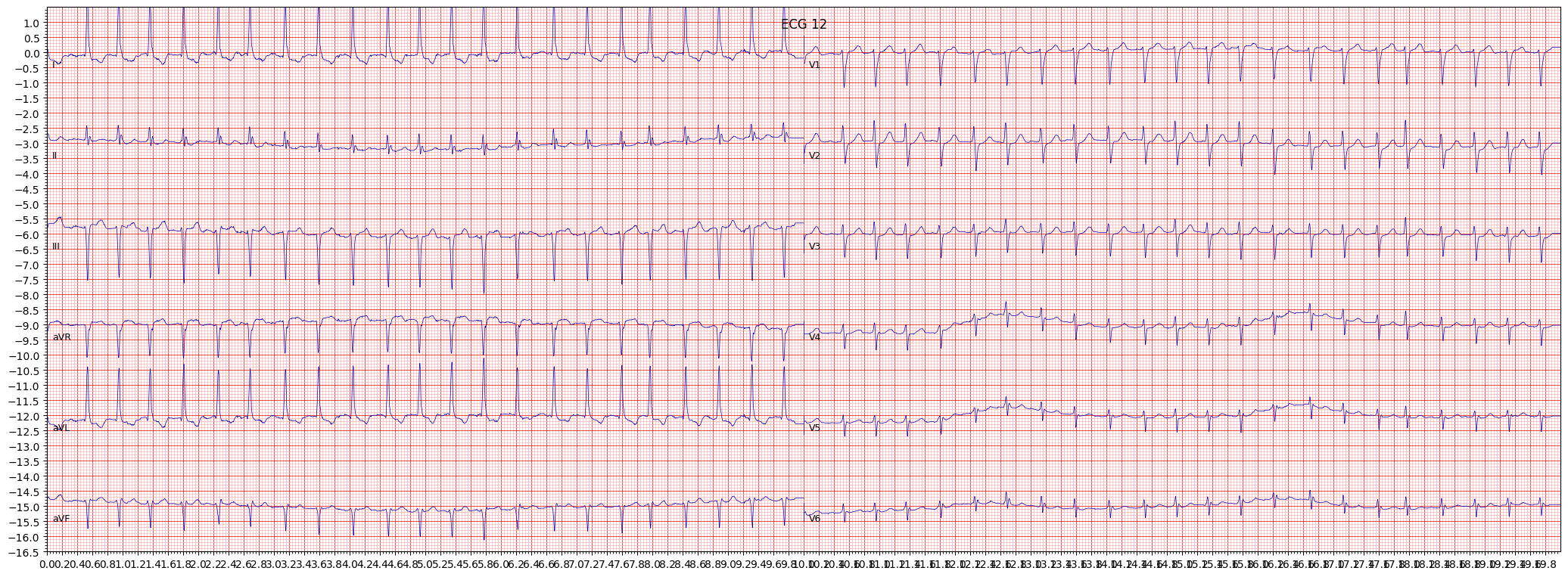 example 4:
example 4:
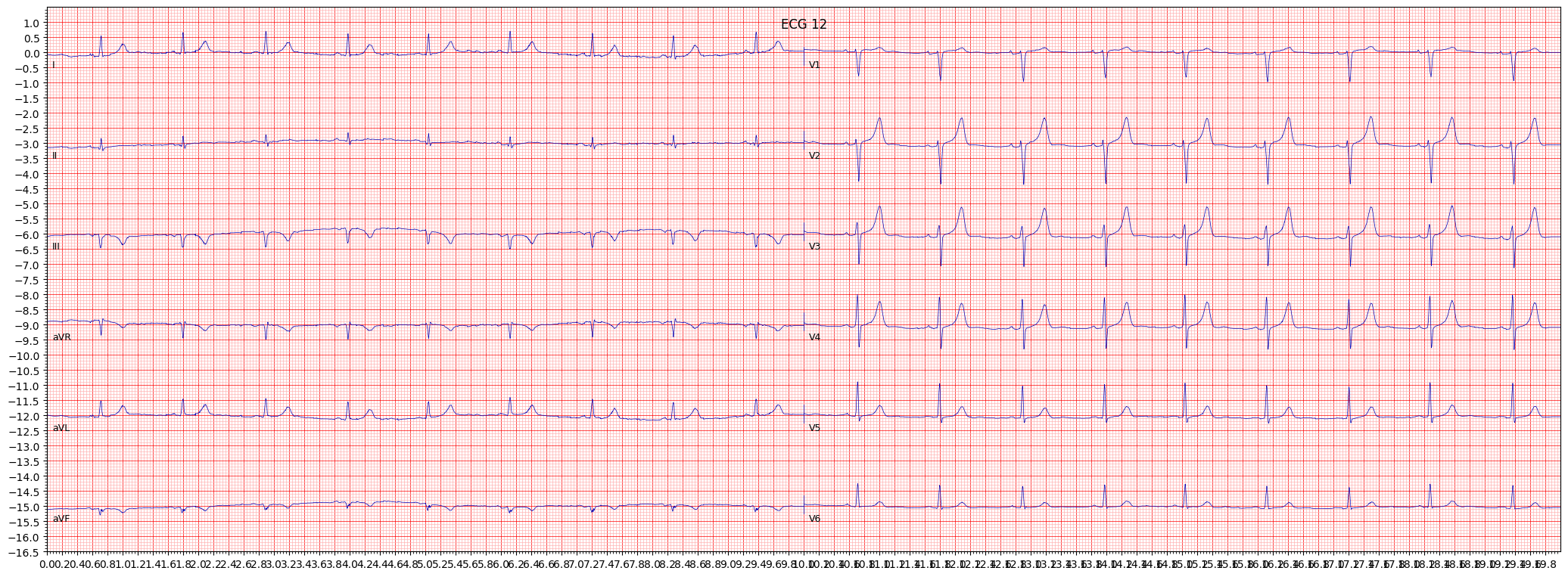 example 5:
example 5:
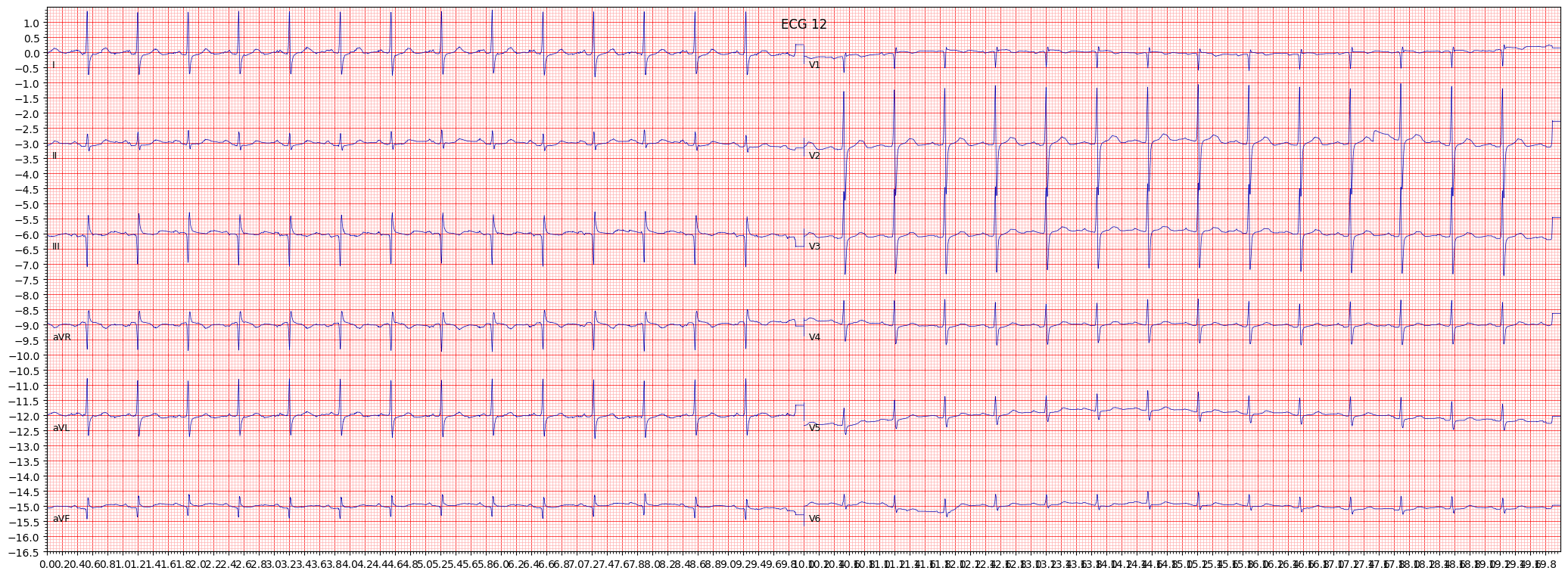 example 6:
example 6:
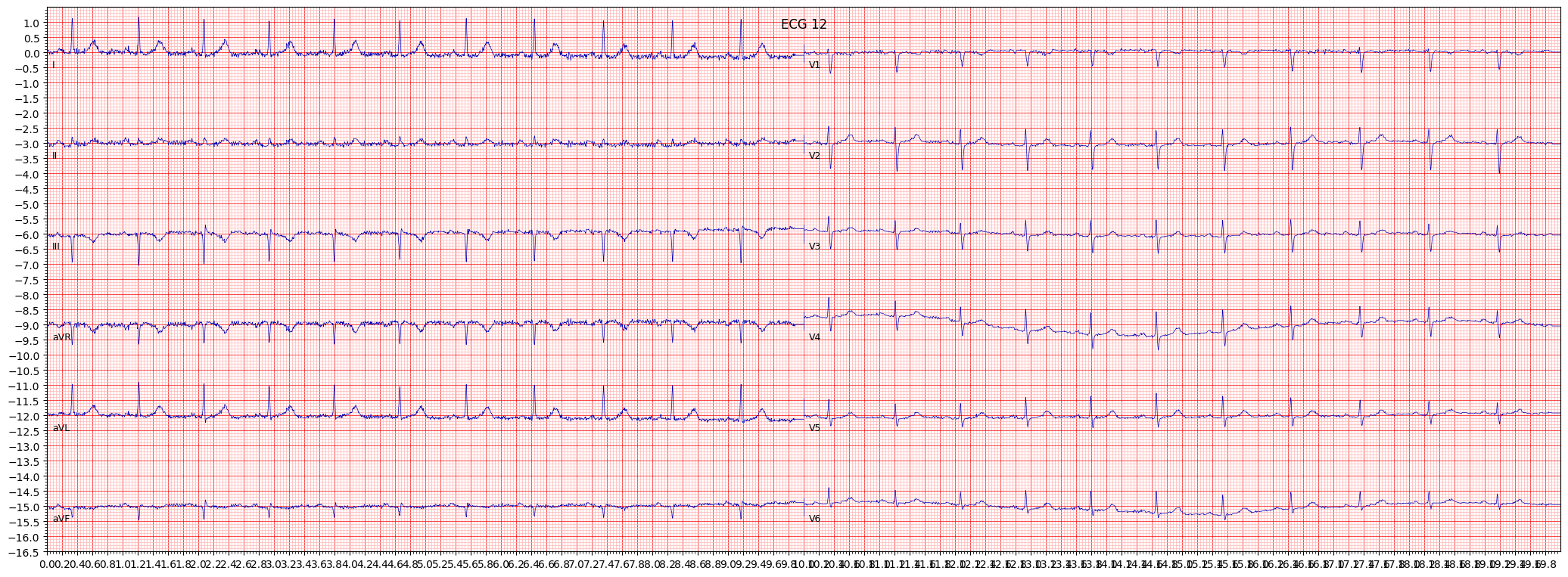 example 7:
example 7:
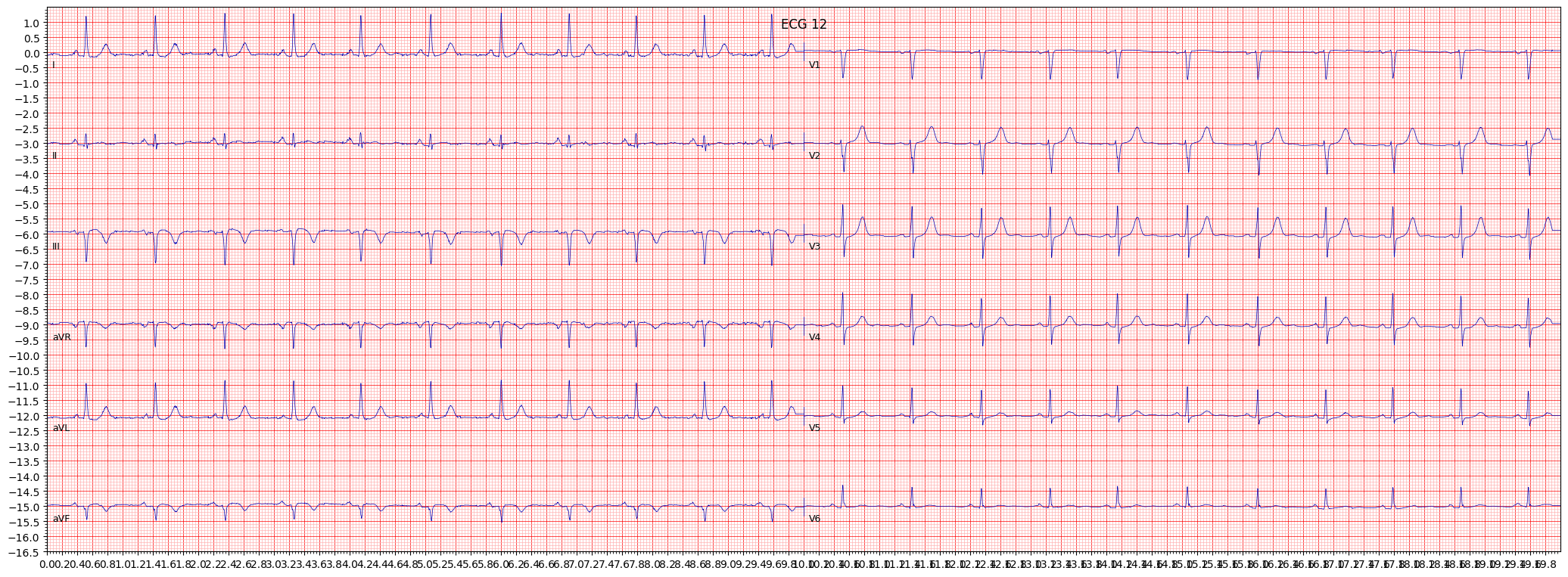 example 8:
example 8:
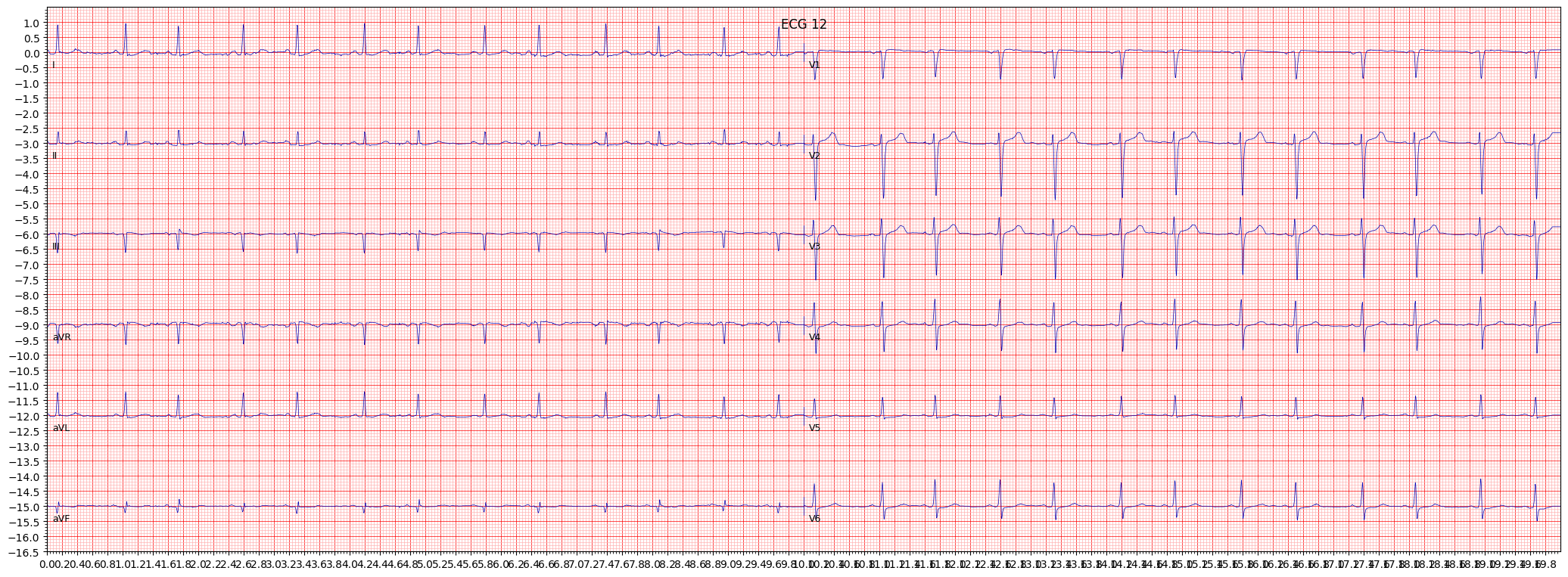 example 9:
example 9:
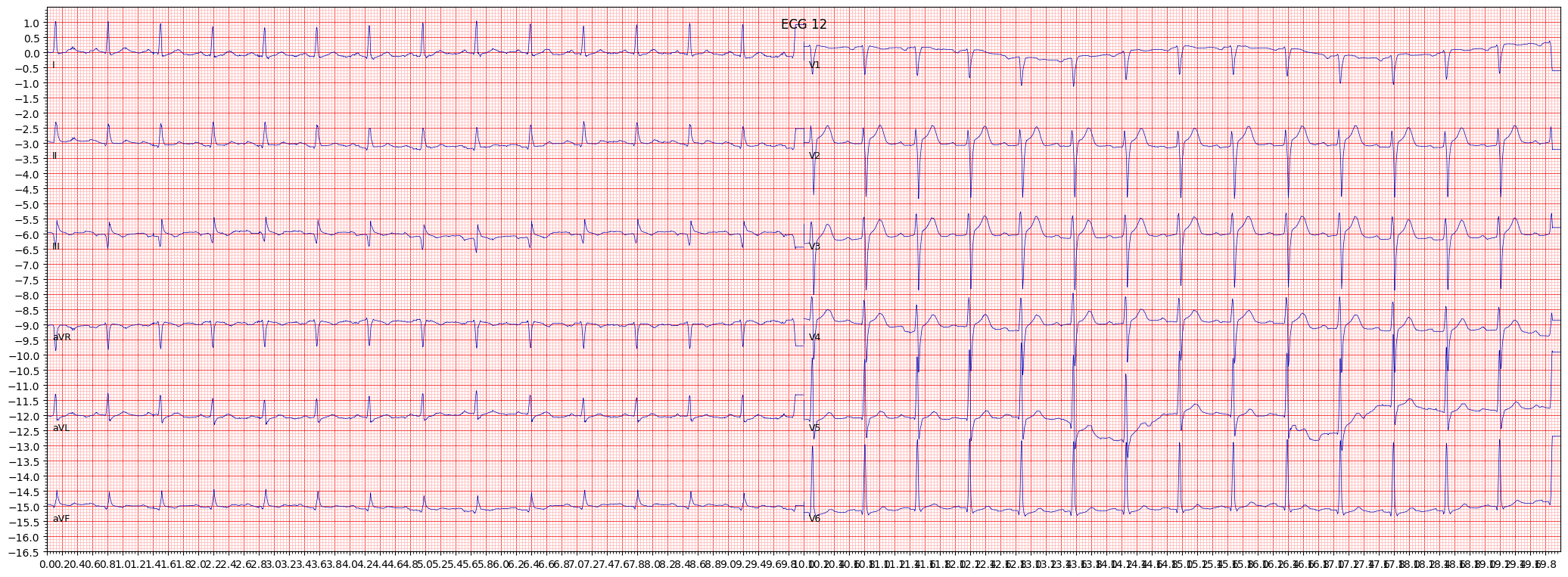 example 10:
example 10:
